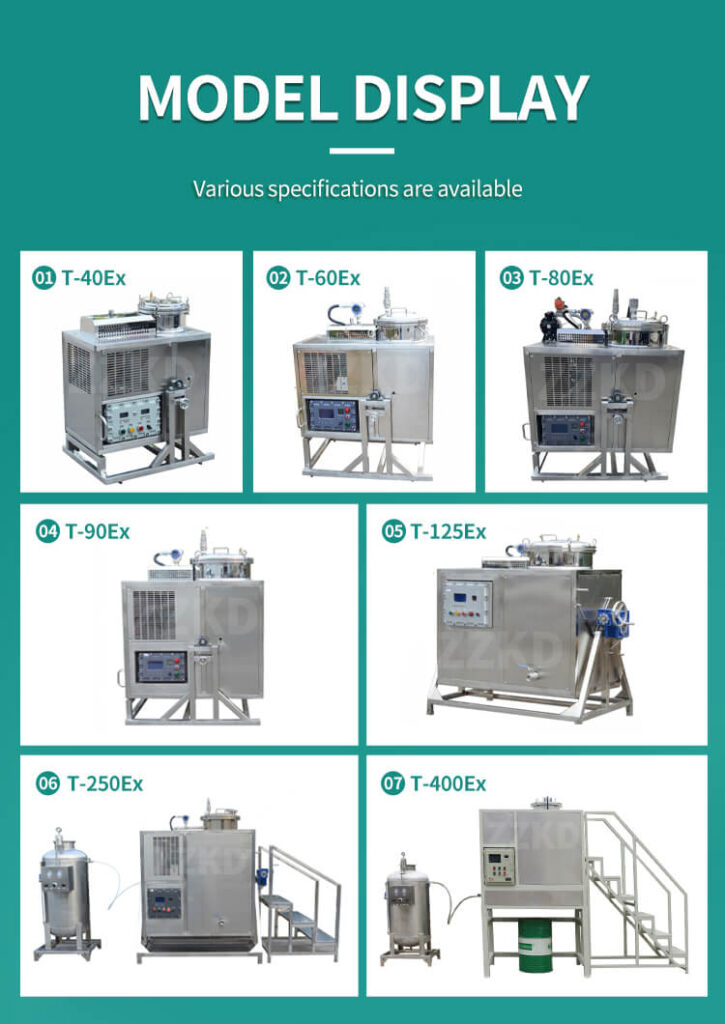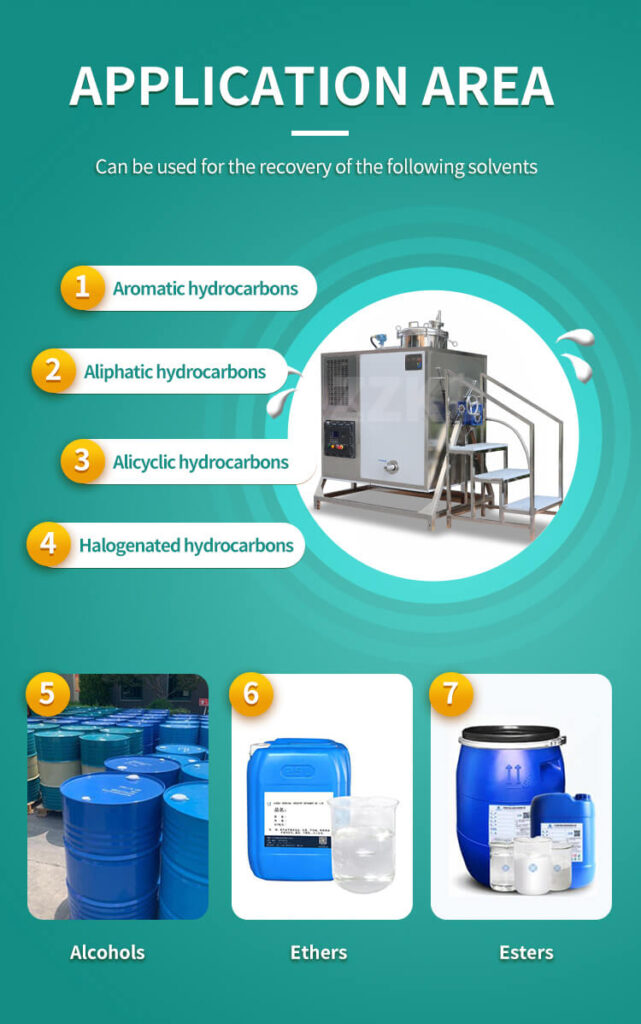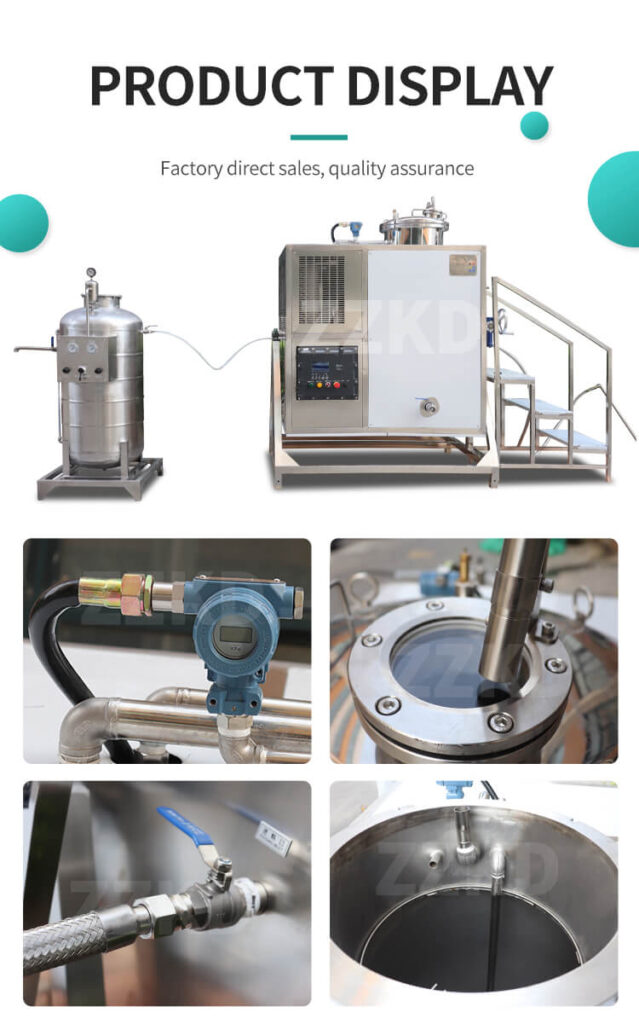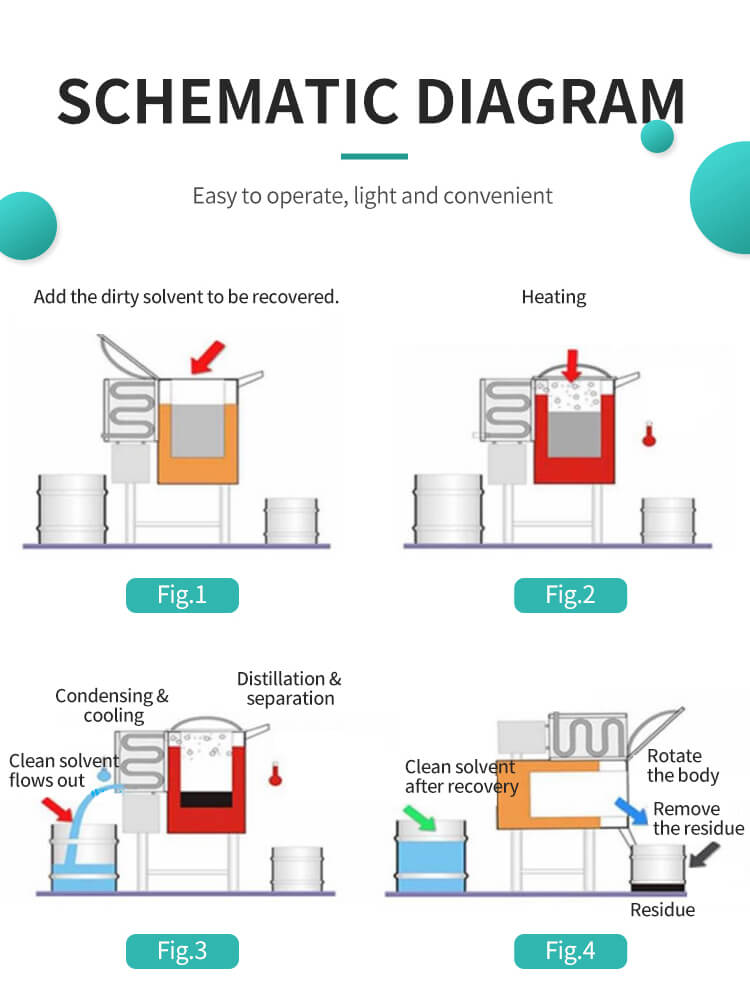In the world of laboratory equipment and chemical processes, efficiency and sustainability are paramount. One innovative solution that has gained prominence is the Alcohol Recycling System, a technology that not only reduces waste but also enhances the bottom line. In this article, we will delve into the details of this eco-friendly system, exploring its benefits, applications, and the role of a solvent recycler machine in the process.
Understanding Alcohol Recycling System
The Essence of Alcohol Recycling
Alcohol recycling is a sustainable practice that aims to recover and reuse solvents, particularly alcohol-based solvents, in various industrial processes. It is a crucial step towards minimizing environmental impact and reducing operational costs. The heart of this system lies in its ability to recover and purify used solvents, making them as good as new.
The Environmental Imperative
In an era of heightened environmental awareness, the alcohol recycling system shines as a beacon of eco-friendliness. By reusing solvents, it significantly reduces the generation of hazardous waste and lowers the carbon footprint associated with solvent disposal. This is not just a cost-saving measure; it’s a responsible choice for businesses committed to sustainability.
The Role of Solvent Recovery Machines
At the core of an alcohol recycling system is the solvent recovery machine. This sophisticated equipment is designed to separate and recover solvents from various sources, including waste streams and used solvents from industrial processes. Solvent recovery machines employ a range of techniques, such as distillation and condensation, to achieve this objective.

The Advantages of Alcohol Recycling System
Cost Savings and Economic Efficiency
One of the primary motivations for adopting an alcohol recycling system is the potential for significant cost savings. By reusing solvents, businesses can reduce their solvent purchase and disposal expenses. This not only benefits the bottom line but also contributes to the overall economic efficiency of the operation.
Enhanced Environmental Credentials
Environmental responsibility is a cornerstone of modern business practices. An alcohol recycling system allows companies to proudly showcase their commitment to sustainability. It reduces the volume of hazardous waste that must be managed and disposed of, thus helping businesses meet environmental regulations and gain favor in the eyes of eco-conscious consumers.
Consistency in Solvent Quality
The quality of solvents used in various processes directly impacts the quality of the final product. With an alcohol recycling system, businesses can maintain a consistent supply of high-quality solvents. This consistency is vital in industries where precision and repeatability are essential, such as pharmaceuticals and chemical research.

Applications of Alcohol Recycling System
Pharmaceutical Manufacturing
The pharmaceutical industry relies heavily on the purity of solvents in drug formulation. Alcohol recycling systems find extensive use in this sector, ensuring that solvents meet stringent quality standards and reducing production costs.
Chemical Research and Development
In laboratories where chemical reactions are studied and developed, the ability to recycle solvents is a game-changer. Researchers can perform experiments with confidence, knowing that high-quality solvents are readily available, all while minimizing the environmental impact of their work.
Industrial Cleaning and Coating
In industries where solvents are used for cleaning and coating applications, such as automotive and electronics manufacturing, alcohol recycling systems offer a sustainable alternative to single-use solvents. This not only reduces waste but also lowers costs for these high-volume operations.

Transitioning to Alcohol Recycling
Assessing Feasibility
Before implementing an alcohol recycling system, it’s crucial to assess its feasibility for your specific operation. Factors such as the volume of solvent use, types of solvents employed, and regulatory considerations should all be taken into account.
Selecting the Right Equipment
Choosing the appropriate solvent recovery machine is a critical decision. It should align with your solvent recovery goals and the nature of your processes. Consulting with experts in the field, like ZZKD Machinery and Instrument Equipment Co.,Ltd., can help you make an informed choice.
Training and Maintenance
Efficient operation of an alcohol recycling system requires proper training for personnel. Additionally, regular maintenance of the solvent recovery machine ensures its longevity and effectiveness. These aspects should not be overlooked during implementation.

Conclusion
In conclusion, an Alcohol Recycling System powered by a solvent recovery machine is a revolutionary solution that blends sustainability with economic efficiency. By recycling solvents, businesses can reduce costs, improve environmental credentials, and maintain consistent solvent quality. This technology finds applications in pharmaceuticals, chemical research, industrial cleaning, and beyond. If you’re considering the transition to an alcohol recycling system, remember to assess feasibility, select the right equipment, and prioritize training and maintenance. Embracing this eco-friendly approach is not just a smart business move; it’s a commitment to a greener, more responsible future.
